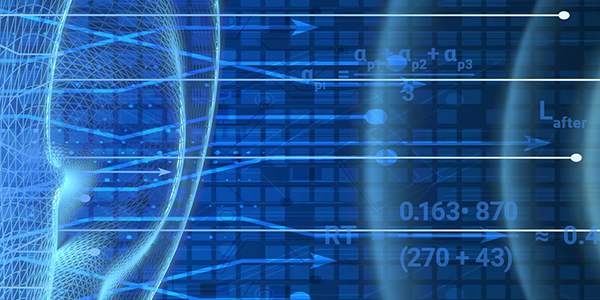Environment
Materials
New Acoustic Guide for Marine designers
Paroc’s new Acoustic Guide provides general information on sound insulation and sound absorption of Marine products in an accessible format. This easy-to-use guide also includes a comprehensive section on Paroc Marine products, including their sound absorption coefficients

It is important to be able to choose the right product that meets the high-quality requirements of the Marine industry as selecting a suitable material will ensure a safe and comfortable journey. Paroc´s new Acoustic Guide provides general information on sound insulation and sound absorption of Marine products in an easy format.



